"Soft infrastructure" determines growth speed and quality
The Draft Document of the 14th Party Congress stated that building and perfecting economic institutions is a strategic spearhead and foundation for developing productivity, increasing speed and contributing to ensuring growth quality.
The nature of economic institutions in Vietnam is oriented towards building a socialist-oriented market economy model, in which political institutions play a central role and economic institutions play a central role.
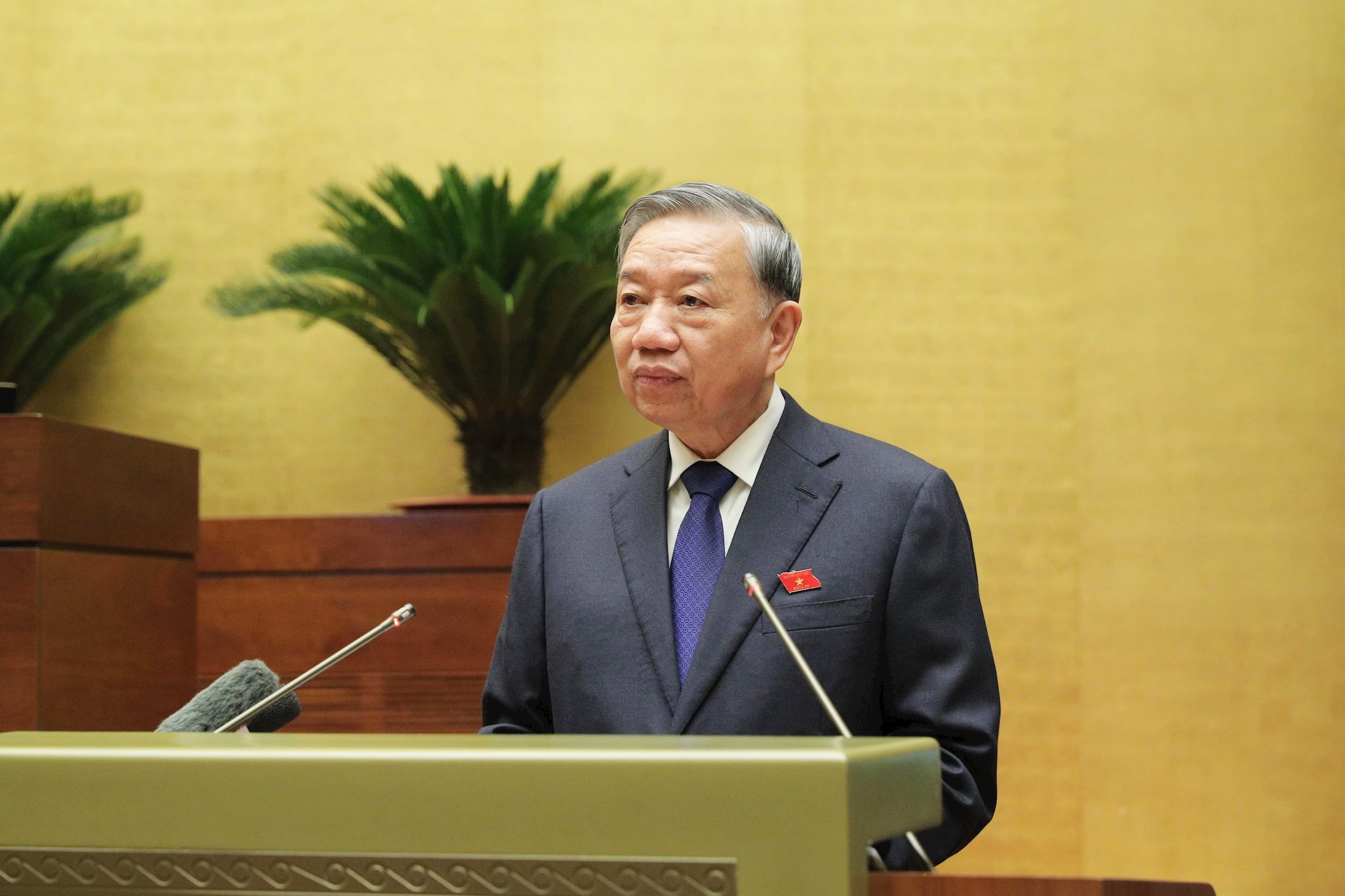
This means that the State plays a role in creating and managing, and at the same time creating legal conditions to promote the rapid and sustainable development of the private economy, enhancing the leading role of state-owned enterprises in strategic areas, major balances of the economy, such as energy security, resources, large infrastructure and key areas.
During the four decades of renovation, Vietnam’s economic legal system has been built quite comprehensively with nearly 270 codes, laws and related documents. Civil, enterprise, investment, tax, land, labor codes, etc. form a solid legal framework for diverse economic activities. However, along with this expansion, there are still institutional “loopholes” that need to be addressed to avoid the emergence of “bottlenecks” that slow down development and hinder innovation in the economy.
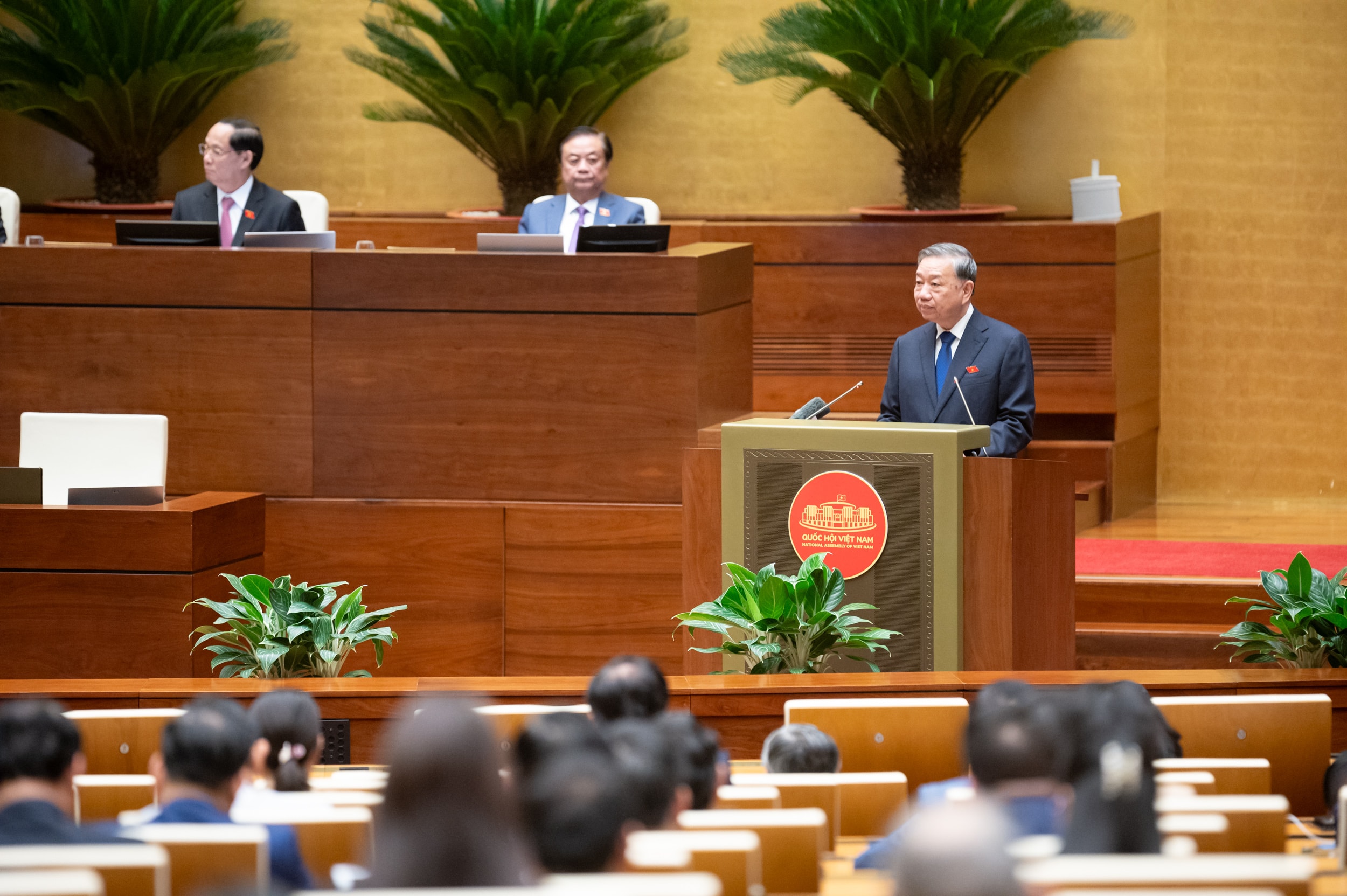
Although the legal system is rich, practice shows that the quality, consistency and adaptability of economic institutions to real fluctuations and the digital age are still limited. The draft document submitted to the 14th Congress has focused on perfecting institutions to fundamentally resolve institutional "bottlenecks", build a digital economy, a green economy, and at the same time ensure fairness, transparency and efficiency in the market, which is completely correct, meeting the expectations of the people and the business community.
The fundamental "bottleneck" and root cause
Vietnam's economic institutions currently have many "bottlenecks" that directly affect the competitiveness and sustainability of the economy.
A major bottleneck is that the mechanism for allocating social resources is not really effective due to the inadequacies in the operation of essential markets such as financial, land, labor and energy markets. State-owned enterprises have not yet effectively promoted their key functions in key economic sectors, while private enterprises are still small and have low competitiveness due to limited access to technology and finance.
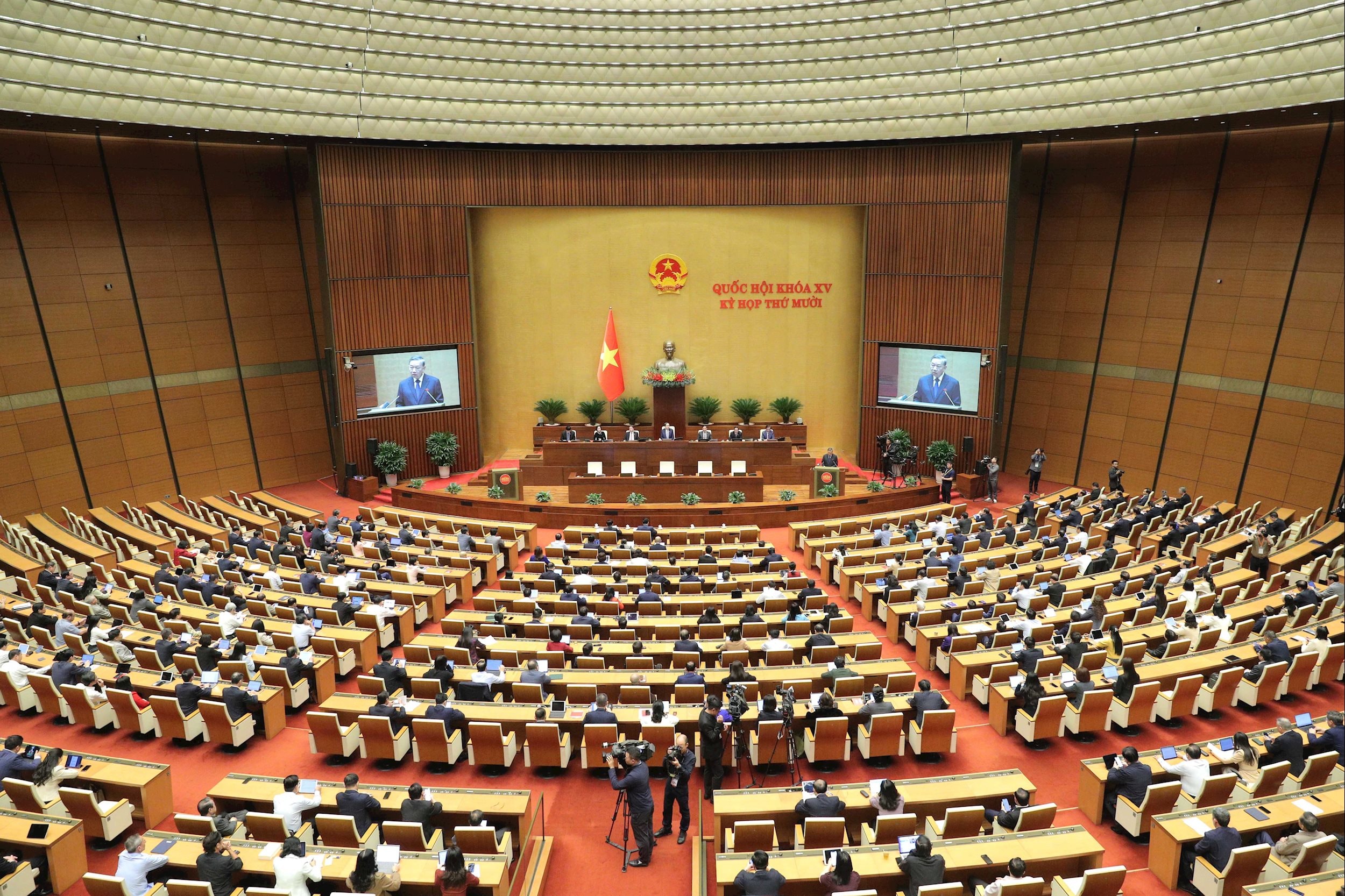
In terms of laws and policies, overlap, lack of synchronization and sometimes lack of transparency are the reasons leading to an unstable business environment, less attractive to investors. The situation of complicated and cumbersome administrative procedures, along with subsidies, "asking - giving", and corruption still exists, creating market distortions, limiting competition and innovation.
The root causes of these institutional limitations are the lack of determination for synchronous and drastic reform, the fear of responsibility of the staff as well as the management mindset that is still heavily influenced by subsidized administration. In some places, reforms are only coping, without a systematic strategy, leading to limited results and not fully exploiting potential. The lack of close coordination between ministries, branches and localities makes policies fragmented, unsynchronized, causing waste of resources and reducing practical effectiveness.
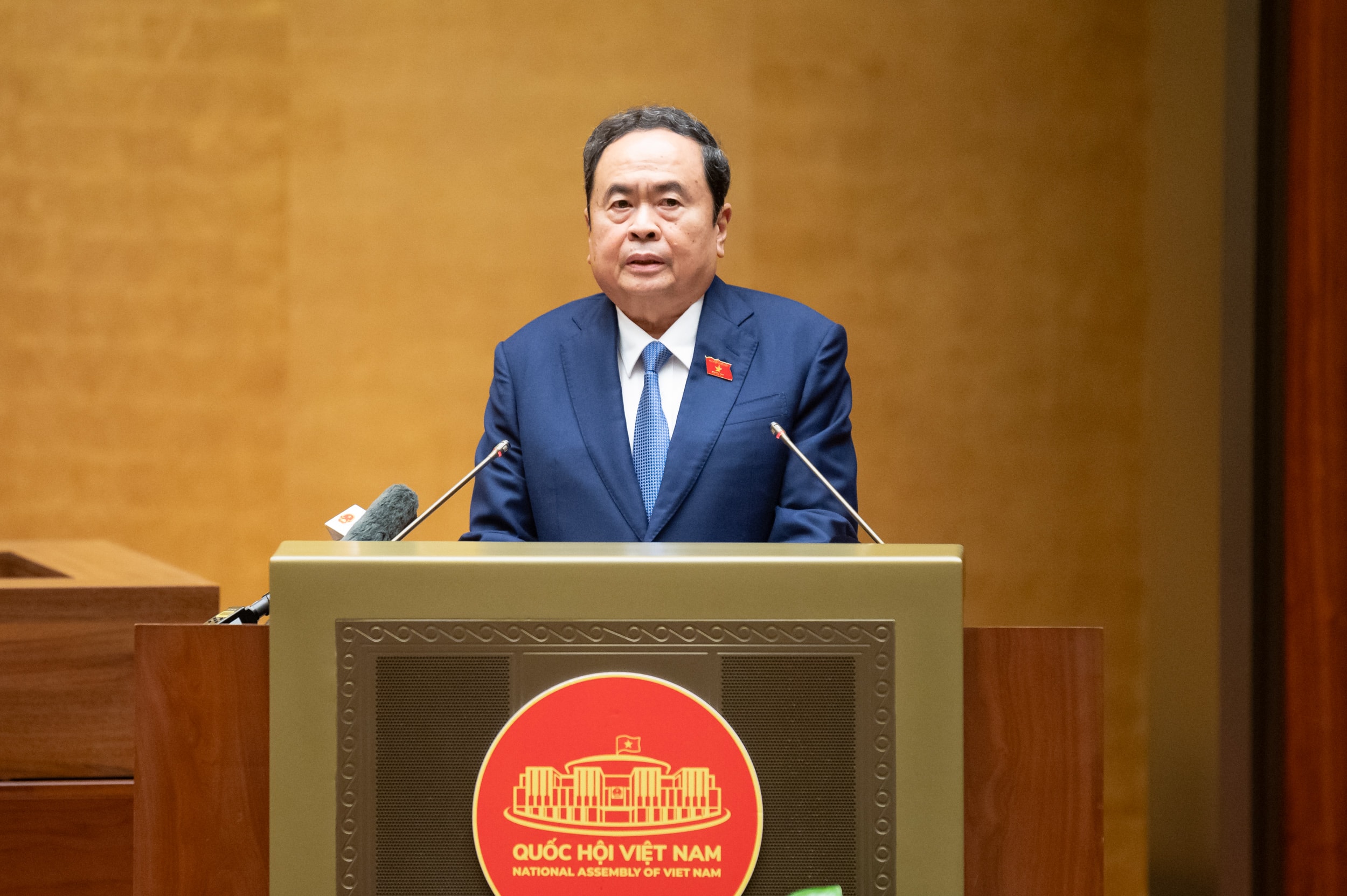
The innovation and digital transformation ecosystem - key factors driving modern growth - is still lagging behind due to a lack of investment resources, and technology and human resources levels that are not suitable to development requirements in the context of globalization and the 4.0 Industrial Revolution.
Breakthrough in economic institutions for a new development stage
Our country has had explosive growth periods thanks to good policies, guidelines and laws. Therefore, in order to solve the problem of rapid and sustainable growth, and escape the "bottlenecks" that are holding back development, the draft document submitted to the 14th Congress emphasized the need to continue to synchronously perfect economic institutions, prioritizing the construction of a transparent and effective legal system, suitable for the rapid and diverse development of financial, labor, technology and environmental markets.
.jpg)
The process of building institutions and policies should be considered a process of forming creative thinking, mobilizing resources and organizing practical operations from stakeholders instead of being a formal procedure. In innovating the policy-making process, it is necessary to focus on consistency, implementation efficiency and inter-sectoral coordination. Policy implementation should be based on a continuous quality assessment matrix and a system of measurement indicators for each policy objective and task to ensure effectiveness and accountability. In particular, the evaluation of policy success should be based on output results, the level of trust among the people and the ability to interact in management, increase transparency and enhance the added value of the economy towards sustainable and creative development.
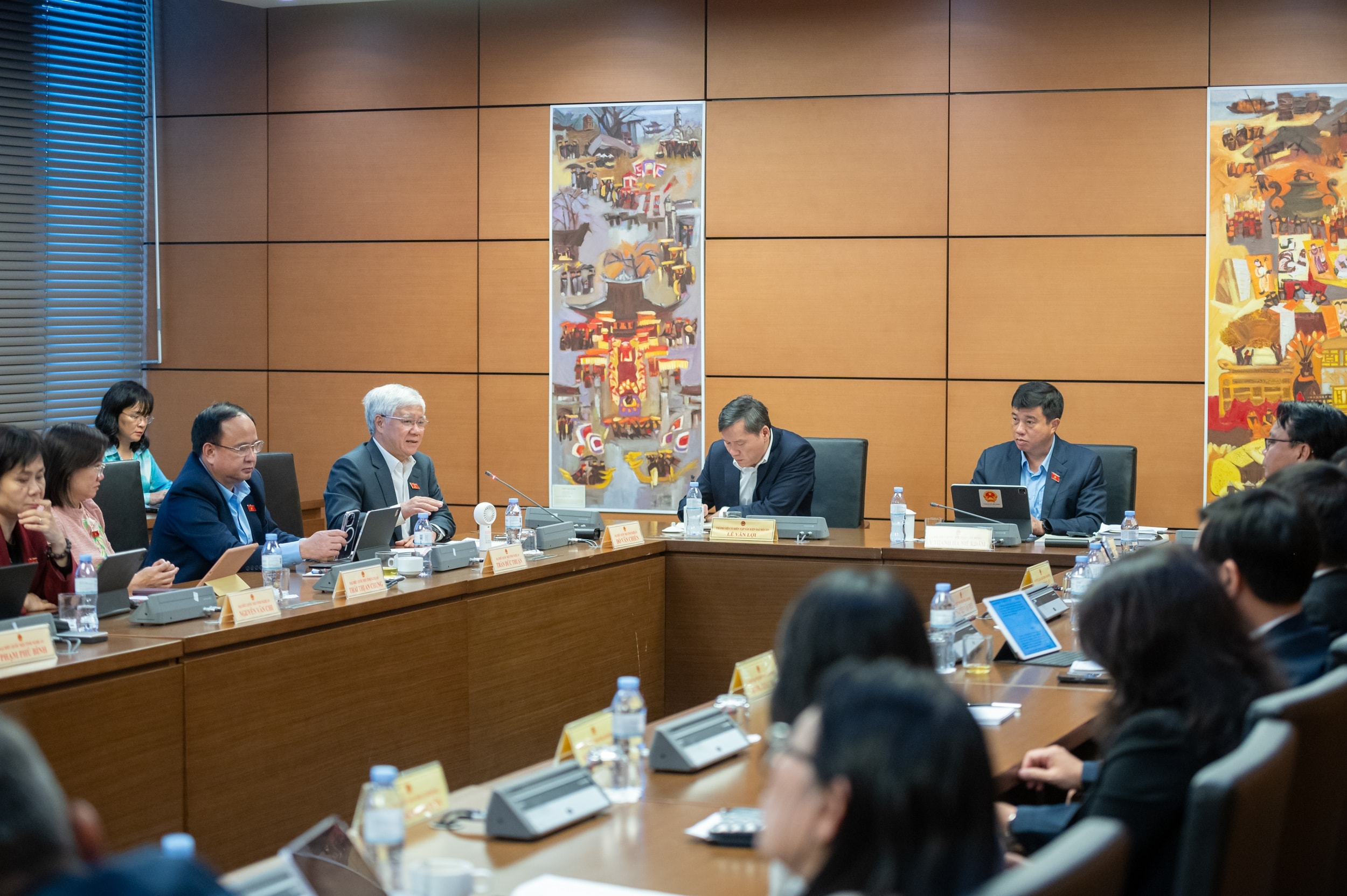
In the work "Grasping the Laws, Innovating Economic Management" (Truth Publishing House, 1984, page 8), General Secretary Le Duan pointed out "If we do not clearly perceive issues of general law nature and do not thoroughly grasp the basic ideas of the policy, we will not be able to make correct decisions on economic management".
In current law-making, we have paid more attention to decentralization and delegation of power with the motto that authorities at all levels must enhance their capacity, autonomy and self-responsibility in managing socio-economic development in specific areas, maximizing the potential of each locality and region and flexibly adapting to diverse and rich changes in practice every day.
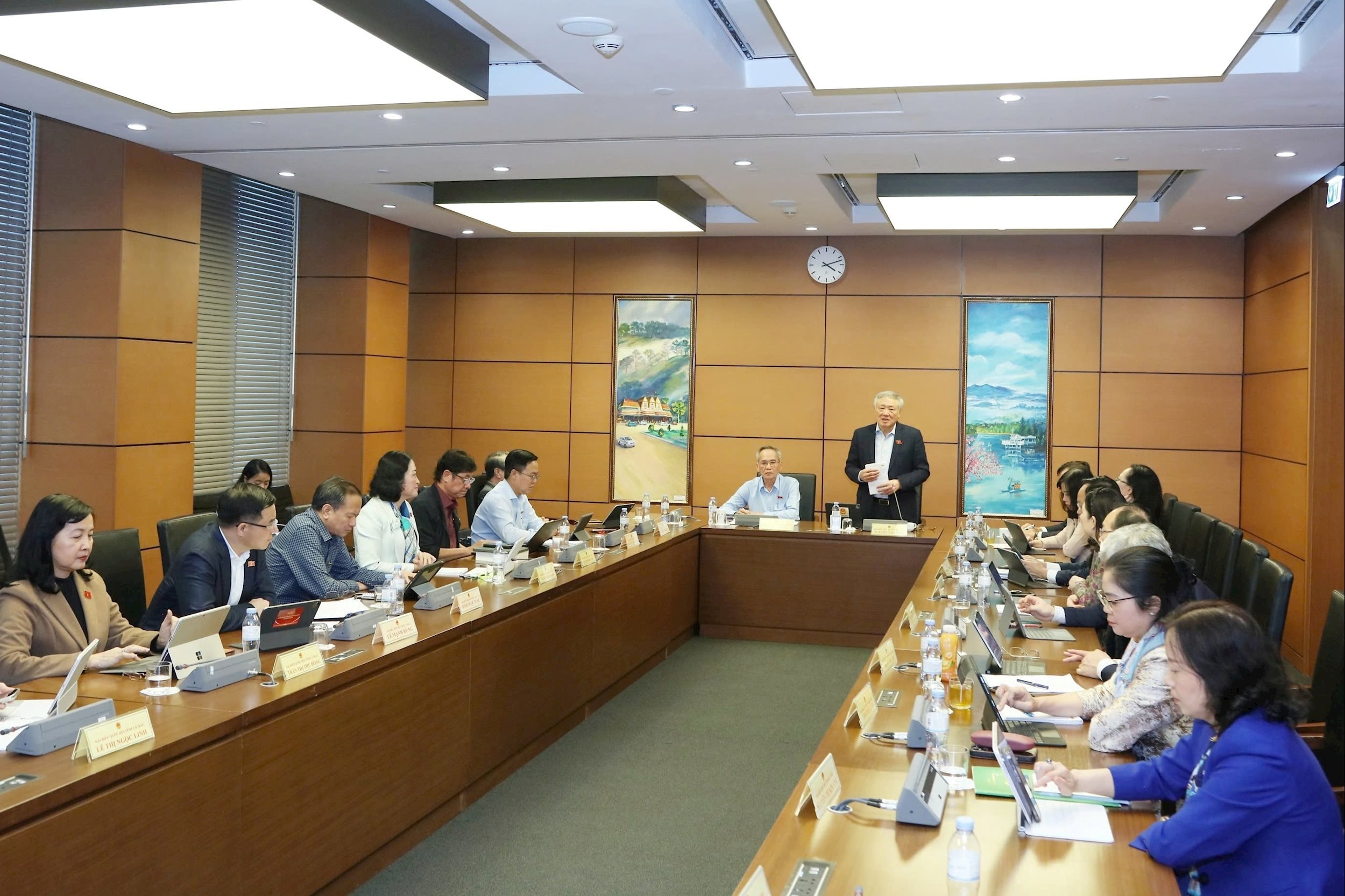
Policies and laws to strengthen, consolidate and promote the leading role of the state economy need to be further focused on, researched, revised and supplemented for continuous improvement, especially in key fields and industries.
To maximize the motivation and mobilize all resources of the private economic sector, it is necessary to regularly update and innovate mechanisms, policies and laws in supporting businesses, focusing on developing science and technology, promoting the startup ecosystem, innovation, especially in new production fields such as digital technology industry, semiconductor microchips, new hydrogen energy... Policies to promote digital economy, green economy, and circular economy need to be built appropriately to have a resonant impact on development, while protecting and minimizing environmental risks.

The implementation of innovation, reform and institutional improvement must be synchronous and systematic, eliminating subjectivity and local interests, enhancing inter-sectoral coordination and promoting the role of the people in social supervision and criticism. Each legal reform must be linked to clear and transparent socio-economic development goals, based on scientific analysis and practice, avoiding the issuance of unfeasible policies or creating new legal conflicts.
These contents are completely consistent with the direction of General Secretary To Lam in his speech at the 10th Session of the 15th National Assembly on November 4 on institutions and laws, which clearly stated that the promulgation of laws is to manage society by law, to build a socialist rule-of-law state of the people, by the people, for the people, but in practice there are still laws, decrees, and circulars issued very elaborately, but grassroots officials do not dare to do it; businesses are struggling; people are confused. General Secretary To Lam also requested that we must move towards a legal system that is "easy to remember, easy to understand, easy to implement". The issued policies must measure the impact, control the risks, and especially must create convenience, not create more procedures. A good law is not a well-written law, but a law that is put into practice.
Source: https://daibieunhandan.vn/gop-y-du-thao-van-kien-dai-hoi-xiv-cua-dang-hoan-thien-the-che-kinh-te-nen-tang-quan-trong-de-phat-trien-nhanh-va-ben-vung-10394958.html





![[Photo] Cutting hills to make way for people to travel on route 14E that suffered landslides](https://vphoto.vietnam.vn/thumb/1200x675/vietnam/resource/IMAGE/2025/11/08/1762599969318_ndo_br_thiet-ke-chua-co-ten-2025-11-08t154639923-png.webp)









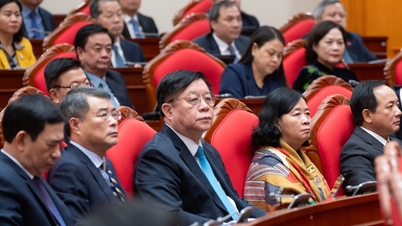

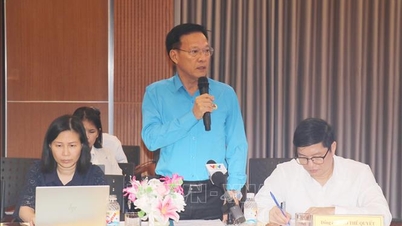















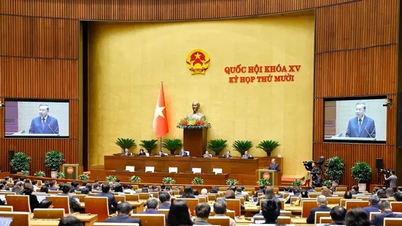
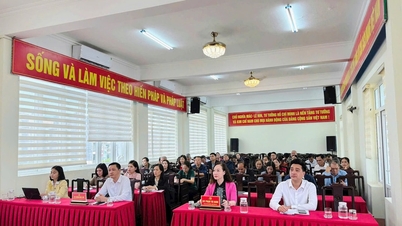


![[Photo] "Ship graveyard" on Xuan Dai Bay](https://vphoto.vietnam.vn/thumb/1200x675/vietnam/resource/IMAGE/2025/11/08/1762577162805_ndo_br_tb5-jpg.webp)







![[Video] Hue Monuments reopen to welcome visitors](https://vphoto.vietnam.vn/thumb/402x226/vietnam/resource/IMAGE/2025/11/05/1762301089171_dung01-05-43-09still013-jpg.webp)



























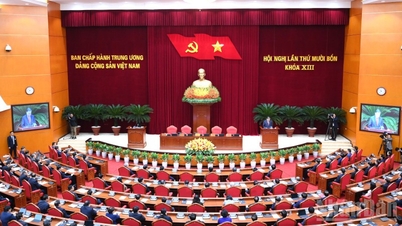






































Comment (0)